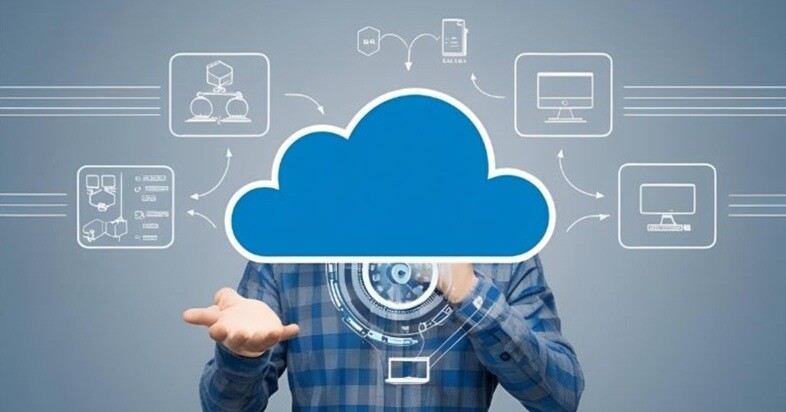The tech landscape is shifting fast. Cloud computing and DevOps—once niche concerns of cutting-edge enterprises—are now at the center of the startup ecosystem. From AI-powered infrastructure management to serverless architectures, a wave of new startups is accelerating the pace of innovation and redefining how we build and deploy software.
Startups as Catalysts of Innovation
In 2025, agility isn’t just a buzzword—it’s a survival strategy. Startups are uniquely positioned to embrace emerging trends without the legacy baggage that holds larger enterprises back. We’re seeing cloud-native startups deliver everything from scalable machine learning platforms to frictionless CI/CD (continuous integration/continuous deployment) pipelines in record time.
For example, startups in the platform-as-a-service (PaaS) space are simplifying Kubernetes adoption for small teams, while others are focusing on cloud cost optimization using AI and analytics. The days of over-provisioned, underutilized servers are quickly giving way to intelligent infrastructure that auto-scales and self-heals.
DevOps and the Democratization of Software Delivery
DevOps, with its emphasis on collaboration and automation, has become the backbone of modern software delivery. Thanks to the rise of open-source tooling and cloud-native solutions, even the smallest teams can now deploy with the speed and confidence once reserved for tech giants.
A notable trend in 2025 is the shift toward GitOps—where code changes drive infrastructure changes through Git repositories. This approach enhances transparency, repeatability, and rollback capabilities, which are critical for compliance and rapid iteration.
The Role of AI and Automation
AI is no longer a layer added post-development; it’s baked into the foundations of today’s infrastructure. Startups are developing tools that automatically detect security vulnerabilities in real time, monitor code quality, and suggest optimizations before code hits production. Predictive maintenance, anomaly detection, and incident response automation are all becoming integral to cloud-native ecosystems.
Some startups are going a step further by offering AIOps platforms—tools that use machine learning to monitor, analyze, and react to system events with minimal human intervention.
What It Means for Aspiring Technologists
The rise of these technologies signals more than just market growth—it represents a massive opportunity for developers, system administrators, and aspiring DevOps professionals. As demand for skilled cloud engineers and automation experts continues to surge, new pathways are emerging to help individuals upskill quickly and align with real-world, job-ready competencies.
The industry is moving fast, but it’s also becoming more accessible. Open-source communities, bootcamps, and online platforms are breaking down barriers and enabling talent from non-traditional backgrounds to step into high-impact roles.
Conclusion
We’re living in a pivotal moment in tech history. Startups are not only responding to the demands of modern infrastructure—they’re defining them. And as cloud computing, DevOps, and automation continue to converge, the opportunities for innovation, career growth, and transformative change are nearly limitless.
You may also like to read,
- 5 Advantages of Continuous Testing for Your Startup Business
- Creative Strategies for Startups and Small Businesses
- Exploring The Benefits of Custom Business Card Printing for Startups







